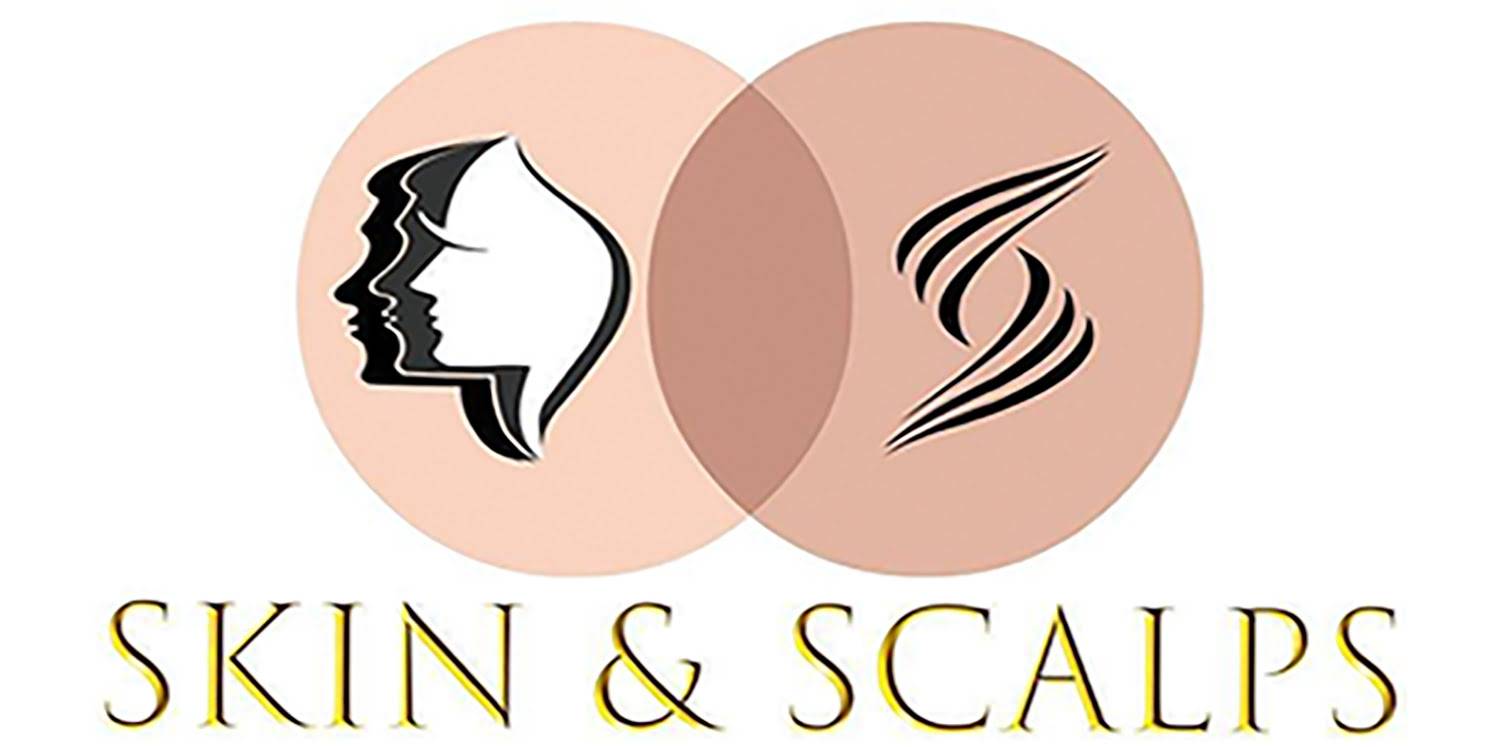Call Us: +91 8237007674 | +91 9175456781
Scalp Psoriasis is a chronic condition. In fact, it is a result of an overactive immune system. As a result, this causes the skin cells to replace more quickly than usual. Therefore, this results in the build-up of rough and dead skin cells. The body starts to produce new skin cells at the deepest layer of skin. These skin cells then begin to move upwards through the layers of skin and reach the outermost level. The cells then die and flake off.
This procedure occurs in both people with and without psoriasis. However, the duration of the process is different in people with psoriasis. This process generally takes 3-4 weeks but in psoriasis patients, it only takes 3-7 days. As a result, the cells don’t get enough time to mature and the skin wears off prematurely, causing itchiness, scaling, and red marks.
Dr Sohana may recommend various types of treatments. She will assess the skin of the scalp and recommend treatment accordingly.
1. Topical treatments for psoriasis:
Topical treatments are applied directly to the affected area.
Regular use of moisturizers plays the most important role in the treatment of psoriasis and also preventing aggregation and maintaining skin.
other agents such as steroids, vitamin D preparations, keratolytics such as salicylic acids, immunomodulatory agents form the mainstay of treatment in limited disease.
Patients with scalp involvement require coal tar, keratolytics, and ketoconazole-based lotions and shampoos.
2. Psoralen + Ultraviolet A (PUVA):
PUVA reduces excessive skin cell growth and clears psoriasis symptoms for certain periods of time. However, Stable plaque psoriasis, psoriasis of the palms and soles, and guttate psoriasis are most responsive to PUVA treatment.
In this treatment, UVA therapy is given after taking – an oral or topical medication called psoralen 1.5- 2hours before treatment-
4. Ultraviolet B light (UVB) light:
In this treatment, ultraviolet-B rays which are found in natural sunlight are projected on the patient’s skin for a set period of time, on a regular basis. It penetrates the skin and slows down cell production
Narrowband UVB(NB UVB) clears psoriasis at a speedy rate and produces longer remissions than broadband UVB. NB UVB is preferred in patients with widespread disease and does not respond adequately to medications. It can be given as a single treatment or in combination with other treatments. Multiple sessions of NB UVB therapy are required at a frequency of 2-3 sessions per week.
5. Excimer laser
In this treatment, the Excimer laser is used for chronic, localized psoriasis plaques. This laser emits a focussed high-intensity beam of ultraviolet B light (UVB). Multiple sessions of this treatment are required at a frequency of 2-3 sessions. The total number of sessions varies from individual to individual depending on their response.
6. Oral and injectable medications for psoriasis
Systemic medicines such as cyclosporin, retinoids, methotrexate, apremilast are recommended in extensive and severe diseases.
Biologics like secukinumab, etanercept, infliximab are used in unresponsive and difficult to treat cases.
